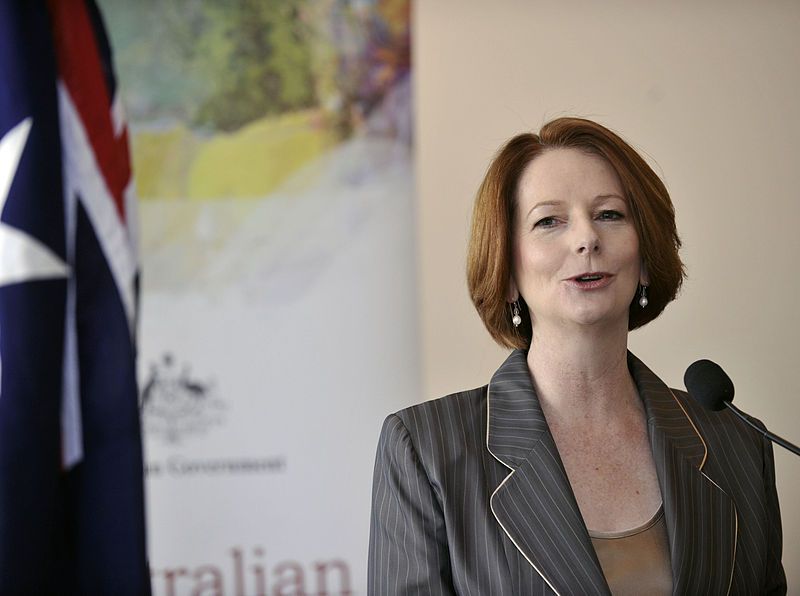Australia clears major hurdle in passing of carbon tax law
Australia’s plan to introduce a carbon tax on the country’s biggest polluting industries has passed its biggest political hurdle thus far, after the bill was passed by the lower house of parliament this week.

Australia’s plan to introduce a carbon tax on the country’s biggest polluting industries has passed its biggest political hurdle thus far, after the bill was passed by the lower house of parliament this week.
The victory is being seen as a major coup by the country’s Prime Minister, Julia Gillard, who has long campaigned for the legislation to be enforced. Gillard, who is staring electoral defeat according to Australia’s latest opinion polls, heralded the day as a momentous day for the country.
“Today is a significant day for Australians and the Australians of the future who want to see a better environment,” Gillard proclaimed prior to the bill being passed. The lower house voted in favour of the scheme by 74 votes to 72.
With the bill still to be passed by the upper house Senate next month, it is expected to become official law due to the vast numbers of the government and Green Senators occupying seats.
Despite Australia being the world’s largest coal exporter it only accounts for 1.5 % of global emissions. However, it remains the highest per capita polluter of all the developed nations due to its continued reliance on coal for the generation of its electricity.
The legislation will mean that nearly 500 companies would be forced to pay A$23 per tonne of emitted carbon from July next year, as part of the country’s plans to reduce industry emissions. Following the carbon tax policy the country then plans to implement a carbon-emissions trading scheme from mid 2015. The initiative is what Gillard calls “essential” to Australia achieving its aim of reducing carbon emissions by at least 5 percent by 2020.
With the emission trade scheme looking likely to be passed in Australia, the country will now join New Zealand and the European Union, who it has discussed linking future schemes with recently, in implementing national emission trade schemes. The United States and Japan also operate similar schemes, but on a regional level.
Looking ahead to the UN climate talks in Durban, both the Australian government and the Green Party are hoping that the soon to be passed bill will add further impetus to government leaders as they prepare for the conference.


